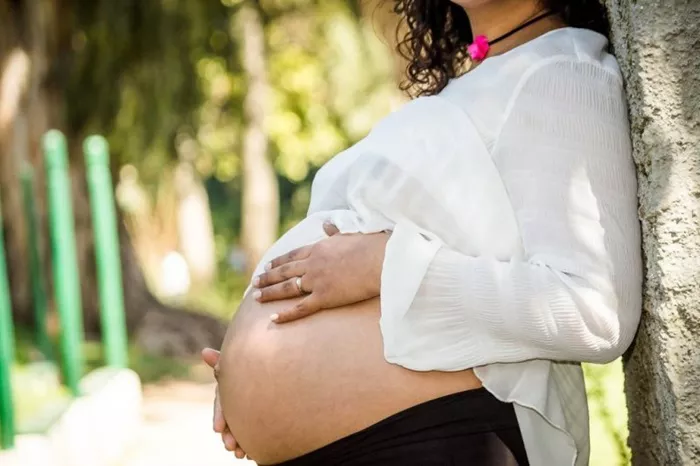As the United States braces for a challenging summer, medical professionals and experts are increasingly concerned about pregnant women, who are among the most vulnerable to extreme heat.
A recent study revealed that in the U.S. between 1993 and 2017, over 2 million preterm births (before 37 weeks) and nearly 6 million early-term births (between 37 to 39 weeks) were linked to heat waves. Prolonged heat waves and higher average temperatures have been shown to increase the likelihood of premature delivery. “Pregnant individuals essentially carry around internal heat sources due to the fetus and placenta,” explained Juanita Constible, a senior advocate at the Natural Resources Defense Council.
Here’s what you need to know about the risks posed by extreme heat to pregnant women and tips on how to protect them:
Impact of Extreme Heat on Pregnant Bodies
Pregnancy increases demands on the circulatory system, as the body produces more blood. Extreme heat exacerbates this strain, potentially leading to low birth weight, stillbirth, and preterm birth. Once preterm labor begins, it cannot be halted. Such early births pose serious health risks for babies, including difficulties in feeding and breathing, increased susceptibility to infections, and potential developmental delays.
Effects on Blood Flow
Extreme heat also impairs the body’s ability to regulate itself, diverting blood away from vital areas like the uterus and placenta towards the skin. This reduction in blood flow to the uterus and placenta, crucial for nourishing the baby, can result in low birth weight.
Risks of Heat Exhaustion and Heat Stroke
Pregnant women are at heightened risk of heat exhaustion, which can swiftly progress to heat stroke. According to experts, the body’s existing physiological demands place pregnant women closer to the threshold of heat-related illnesses.
Impact of Overnight Heat
Overnight warmth offers little respite, particularly for pregnant women, increasing the risk of preterm birth, as highlighted by research. For every 2-degree Fahrenheit rise in overnight temperatures above 75 degrees, the risk of preterm birth escalates by 1 to 6 percent.
Vulnerable Populations
All pregnant women, particularly those in their third trimester, face heightened risks from extreme heat. Black women and other women of color, often experiencing economic and racial health disparities, are particularly vulnerable. Studies indicate that these disparities can exacerbate risks during heat waves, contributing to higher rates of preterm birth.
SEE ALSO: How to Avoid Ectopic Pregnancy?
Addressing the Challenges
Hydration: Pregnant women should prioritize staying hydrated, drinking water well before feeling thirsty.
Cooling Strategies: Taking cool showers or soaking feet in cool water can help lower core body temperature, especially in the evening.
Air Conditioning: Access to air conditioning, particularly in bedrooms during overnight hours, is crucial for recovery from daytime heat stress.
The climate crisis compounds existing racial inequities in maternal health, underscoring the urgent need for comprehensive strategies to protect pregnant women, especially those from marginalized communities.
This proactive approach can help mitigate the adverse effects of extreme heat on maternal health, ensuring safer pregnancies and healthier outcomes for mothers and babies alike.


